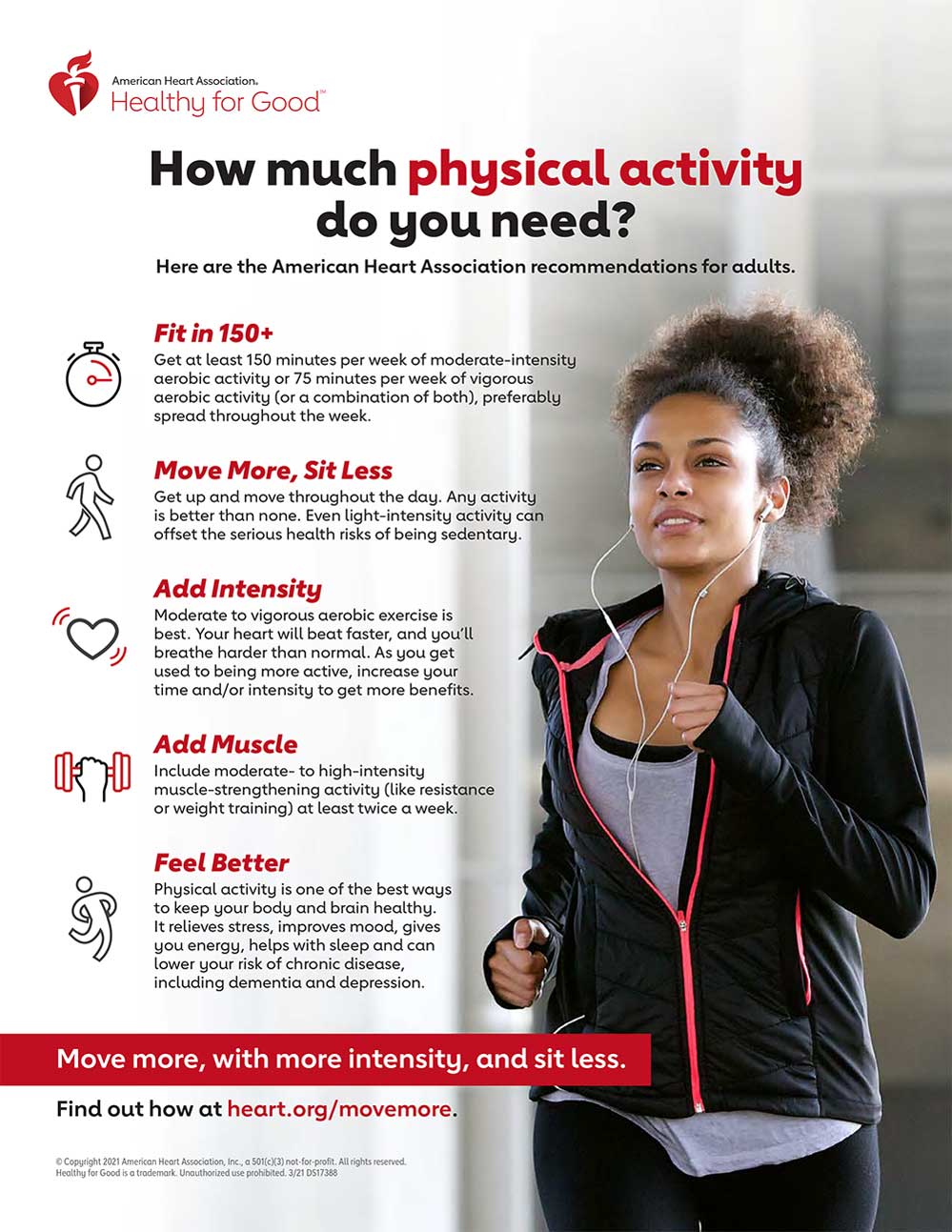Cardioworkout involves exercises that increase your heart rate and improve cardiovascular health. It's essential for overall fitness and can include activities like running, cycling, or swimming.
Cardio workouts play a vital role in maintaining a healthy lifestyle. They help burn calories, lower the risk of heart disease, and improve lung capacity. Engaging in regular cardiovascular exercise boosts energy levels and helps in stress reduction. The beauty of a cardioworkout lies in its versatility—whether you’re at the gym, outdoors, or at home, there’s a form of cardio that can fit into your routine.
From brisk walking to high-intensity interval training (HIIT), the options cater to all fitness levels and preferences. Ensuring your heart gets pumping not only contributes to weight loss but also enhances endurance, making everyday activities easier to handle. As an integral component of a balanced exercise regimen, cardioworkout also improves mental health, releasing endorphins that combat depression and anxiety. Start with short sessions and gradually increase the intensity for maximum benefit.

Credit: www.facebook.com
Understanding Cardiovascular Fitness
Cardiovascular exercise, commonly known as cardio, encompasses a variety of physical activities that increase heart rate and improve blood circulation throughout the body. Types of cardiovascular exercise include running, swimming, cycling, and rowing. Engaging in these activities provides numerous health benefits such as enhanced cardiovascular health, increased stamina, reduced risk of chronic diseases, and improved mental health.
Regular cardio workouts contribute to a healthier heart. They strengthen cardiac muscles, promote efficient blood flow, and improve the heart's ability to deliver oxygen to the body. Consistent training can lead to a lowered resting heart rate, illustrating cardiovascular efficiency.
Understanding your target heart rate zone is essential for maximizing the effectiveness of cardiovascular exercises. This zone is typically 50-85% of your maximum heart rate, which can be roughly estimated by subtracting your age from 220. Exercising within this range ensures you're working at an intensity level that is safe yet effective for improving cardiovascular fitness.

Credit: www.heart.org
Cardio Workout Essentials For Beginners
Cardio workouts are essential for improving cardiovascular health and can be easily tailored to beginners. It’s important to choose activities that are enjoyable and sustainable, as consistency is key in any fitness routine. Beginners should consider starting with low-impact options like walking or cycling. Gradually, one can introduce more varied forms, such as swimming or rowing, to engage different muscle groups and keep the routine exciting.
Additionally, incorporating interval training into a cardio routine can be highly beneficial. This method involves alternating periods of high-intensity exercise with periods of rest or low-intensity activity. It's an efficient way to boost heart health and endurance. For example, beginners can start with walking briskly for 1 minute followed by 2 minutes of a relaxed pace, gradually increasing the intensity as fitness levels improve.
Advanced Techniques And Optimization
Progressive Overload stands as a cornerstone for advancing your cardio regimen. By continually increasing the intensity of your workouts, your cardiovascular system adapts, leading to enhanced stamina and endurance. Incorporate this technique by adding more time to your sessions, increasing your speed, or introducing higher levels of resistance.
Cross-Training offers a diverse approach to heart health, preventing boredom and reducing injury risk. By varying the types of cardio exercises, such as alternating between cycling, swimming, and running, you engage different muscle groups, promoting overall fitness and preventing plateaus.
For sustained improvement, it's imperative to monitor progress. Track your workouts with wearable tech or apps to analyze data and understand your performance over time. Use this information to fine-tune your training regimen, adjusting variables like intensity, duration, and frequency to match your evolving fitness level and goals.

Credit: cardiotexas.com
Frequently Asked Questions On Cardioworkout
What Are The Benefits Of Cardio Workouts?
Regular cardio workouts improve heart health, increase endurance, and aid in weight management. They also boost mental well-being and energy levels.
How Often Should I Do Cardio Exercise?
Aim for at least 150 minutes of moderate-intensity, or 75 minutes of high-intensity cardiovascular exercise per week for optimal health.
Can Cardio Workouts Aid Weight Loss?
Yes, cardio exercises burn calories efficiently, which can contribute to weight loss when combined with a healthy diet.
Conclusion
Embracing a cardio workout routine can significantly elevate your health and vitality. It's an investment in your wellbeing that pays off with interest. Remember to pair your exercises with proper nutrition and rest for optimal results. Start today, and let the heart-pumping benefits of cardio carry you towards a more energetic tomorrow.

Comments
Post a Comment
If you have any doubts, Please let me know